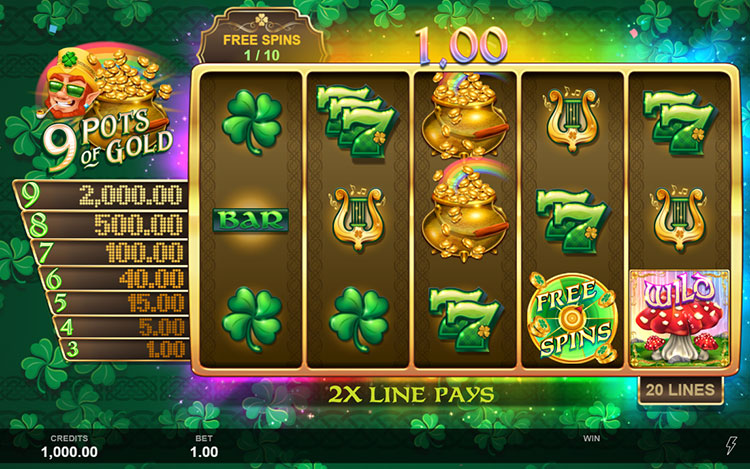Spinning for Fun
The Psychology of Slot Machines: Why We Can’t Resist the Spin
Slot machines have been a staple in casinos for decades, enticing players with their bright lights, alluring sounds, and promise of easy winnings. But what drives us to spin those https://fortunenumbers-ka.com/ reels again and again? Is it just luck, or is there something more at play?
The Science of Reward and Punishment
One key factor in our relationship with slot machines lies in the psychology of reward and punishment. Our brains are wired to respond positively to immediate rewards and punish us for perceived losses. This can be seen in the way slot machines use a combination of variable ratio scheduling (VRS) and progressive jackpots.
Variable Ratio Scheduling: A Recipe for Addiction
Variable ratio scheduling is a technique used by slot machines to keep players engaged. It involves delivering rewards at unpredictable intervals, often after a series of losses. This can lead to an increase in dopamine release in the brain, creating feelings of excitement and anticipation.
| Slot Machine Features | Effect on Player |
|---|---|
| Variable ratio scheduling | Releases dopamine, increasing motivation to play |
| Progressive jackpots | Creates a sense of urgency, motivating players to continue playing |
Progressive Jackpots: The Siren’s Call
Progressive jackpots are a major draw for slot machine players. These jackpots grow with each bet placed on the game, creating an illusion of inevitability – if I just keep playing, it’s only a matter of time before I hit the big prize.
The Role of Emotions in Slot Machine Addiction
Emotions play a significant role in our relationship with slot machines. The thrill of potential wins creates feelings of excitement and anticipation, which can be highly addictive. This is especially true for individuals who are prone to impulsive behavior or have a history of addiction.
| Common Player Types | Behavioral Traits |
|---|---|
| Social players | Enjoy social interaction, often play with friends |
| Impulsive players | Tend to make rash decisions, often bet large amounts |
| Escapists | Use slot machines as an escape from stress or emotional pain |
The Impact of Loss on Slot Machine Players
While the promise of winnings can be alluring, it’s the experience of loss that has a profound impact on our behavior. Slot machine players often exhibit a phenomenon known as "loss aversion," where the perceived pain of losing is greater than the pleasure gained from winning.
| Loss Aversion | Behavioral Consequences |
|---|---|
| Players become attached to losses, unwilling to accept them as inevitable | Leads to increased betting amounts in an attempt to recoup losses |
| Loss aversion can lead to emotional distress and feelings of anxiety | May cause players to chase losses, resulting in further financial strain |
The Dark Side of Slot Machines: Problem Gambling
While slot machines offer entertainment value for many, they also pose a significant risk for problem gamblers. The ease of access, combined with the promise of easy winnings, can create a perfect storm of addiction.
| Warning Signs of Problem Gambling | Consequences |
|---|---|
| Spending increasing amounts on slots | Risk of financial ruin, damage to relationships |
| Feeling anxious or irritable when unable to play | Potential for emotional distress, decreased productivity |
Beyond the Reels: The Social Impact of Slot Machines
Slot machines have a profound impact on the social fabric of casinos. From the camaraderie of social players to the isolation of problem gamblers, these games shape the way we interact with others in public spaces.
| Social Implications | Effects on Player Behavior |
|---|---|
| Social interaction can enhance player experience | Fosters a sense of community and cooperation among players |
| Isolation from others can exacerbate problem gambling | May contribute to feelings of loneliness, decreased self-esteem |
Conclusion
Slot machines have become an integral part of the casino landscape, captivating audiences with their bright lights and promise of easy winnings. However, our relationship with these games is more complex than meets the eye.
By understanding the psychology behind slot machine addiction – from variable ratio scheduling to loss aversion – we can better appreciate the risks involved in playing these games. As we move forward in a world where technology continues to advance, it’s essential that we prioritize responsible gaming practices and protect vulnerable individuals from the dark side of slots.








